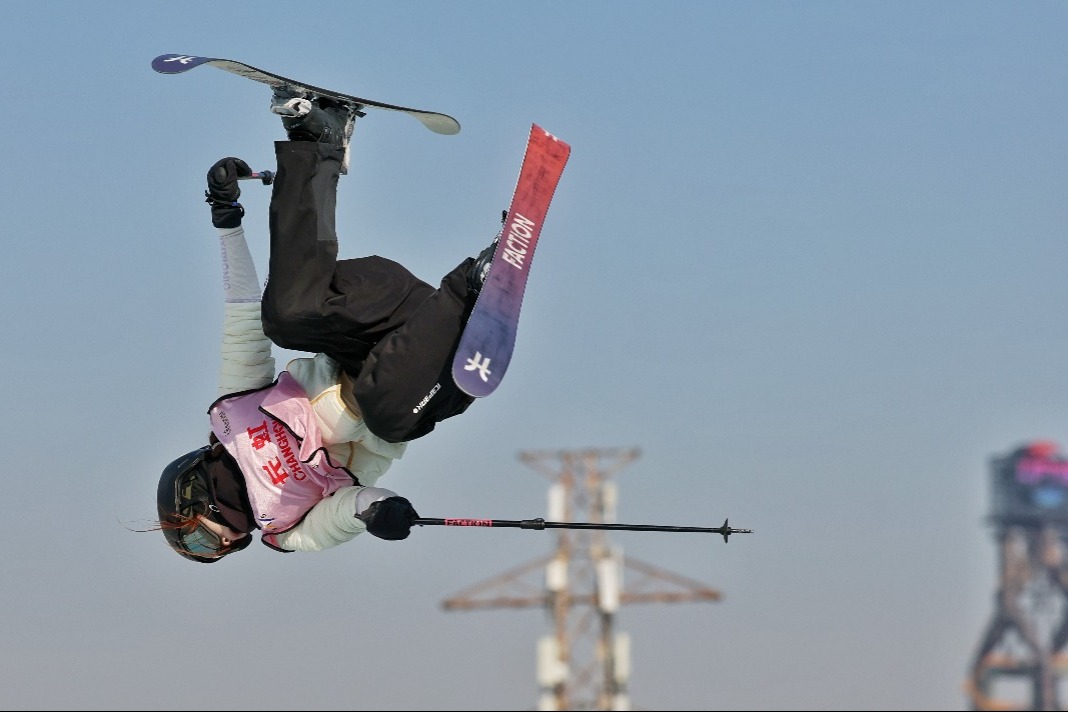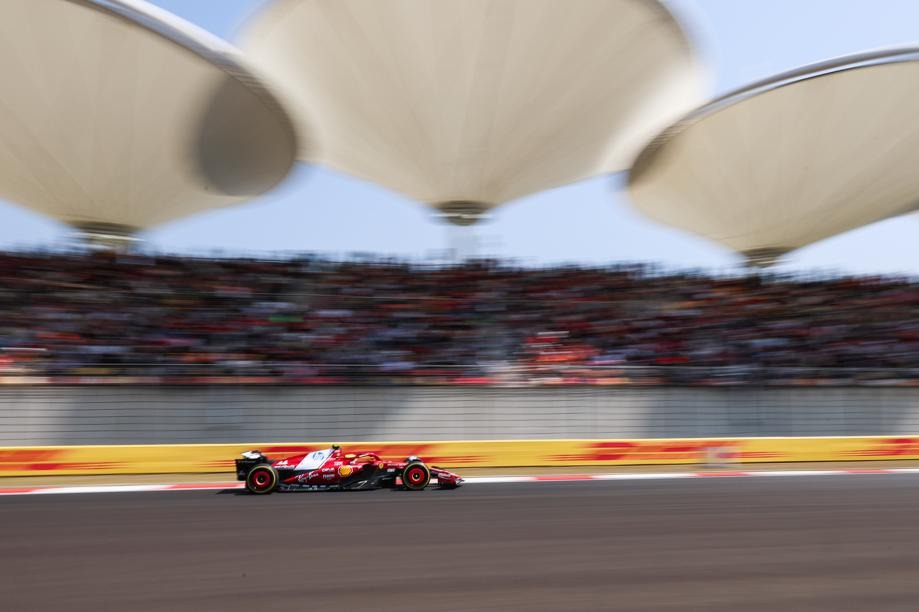Clubs take control in CSL shuffle


Overhaul of league's management based on English top flight's model
The Chinese Super League will usher in a more professional era when a new operating company, comprised of the CSL's 16 clubs, takes control of the competition.
The move, confirmed by the Chinese Football Association at a Beijing media conference on Wednesday, will see the CFA relinquish decision-making powers to the new company, which will officially launch next month.
The establishment of the new entity is the first major reform initiative overseen by the CFA's new leadership, which was elected at the governing body's 11th national congress in August.
The professionalization of China's top soccer league was a key tenet of the 2015 national soccer reform plan.
After an in-depth study of all major professional leagues worldwide, the CFA decided to model the CSL's management structure on the English Premier League, which is run by its 20 participating clubs.
The CFA, which holds a majority 36 percent stake in the current league company founded in 2005, will withdraw all its shares in the new entity to free the league from administrative interference in all aspects of its operations, ranging from rule amendments, foreignplayer policy, salary caps, marketing and broadcasting.
"The biggest change with the new league company compared to the previous one is that the CFA will no longer speak as the boss," CFA secretary-general Liu Yi said on Wednesday.
"Clubs will have their own say in all decision-making processes regarding league operations in a profit-driven model.
"The goal is to help the CSL break even financially, running as a sustainable and profitable model."
The CFA will still oversee major league operations, such as the election of a chairman, and will be empowered to veto "critical matters".
The new company will appoint all executives and hire employees independently.
League decisions will be taken at regular shareholder meetings, where clubs will be entitled to propose new rules or amendments, as well as weigh in on decisions concerning profit distribution and to assess new league members, if necessary.
Such measures will provide greater autonomy and will be vital in maintaining club owners' enthusiasm for investing in the game, said CFA president Chen Xuyuan.
"To overhaul the league's management has been my priority since I took office because it matters a lot for the long-term healthy development of the game in the top echelon," added Chen, a former president of State-owned Shanghai International Port Group.
"The CFA should maintain a hands-off posture from the league operation in order to allow it to grow on its own interest rather than being affected by governmental agendas now and then."
Hampered by inconsistent government policies on foreign players, marketing and youth development, the CSL has not lived up to investors' expectations with regard to revenues, nor has it managed to develop a deep domestic talent pool to facilitate the national programs for major events such as the FIFA World Cup and the Olympics.
According to Huang Shenghua, deputy chairman of CSL club Guangzhou R&F, the new model should ensure that clubs operating at a deficit but spending big in the transfer market despite limited revenue streams should become a thing of the past.
"Now with the new league company taking charge to plan and execute, representing clubs' demands as a whole, we believe the CSL can develop a healthier business model and talent program that will benefit the clubs first and foremost as well as the national program," said Huang, who heads a preparatory group for the new league company.
And as the nation pursues its objective of becoming an international soccer powerhouse by 2050, observers are welcoming the move as a major step in the right direction.
"It will help solve the problems that were created by the CFA both operating and supervising the league, which at times in the past provided a breeding ground for corruption and some counterproductive decisions," said Tan Jianxiang, a sports sociology professor at South China Normal University.
"The CFA must relinquish its domineering role to allow decisions made by club shareholders and professional executives to take precedence."
Most Popular
- China wins third straight ITTF Mixed Team World Cup title
- Runners compete at Macao International Marathon 2025
- Freeskier Liu eyes Olympic podium after two home World Cup medal finishes
- Torch relay for 2026 Milan-Cortina Winter Olympics starts in Rome
- Three players tied for the lead in Wanning Women's Golf Open
- Chinese snowboarding's collective progress makes a strong statement to the world





























